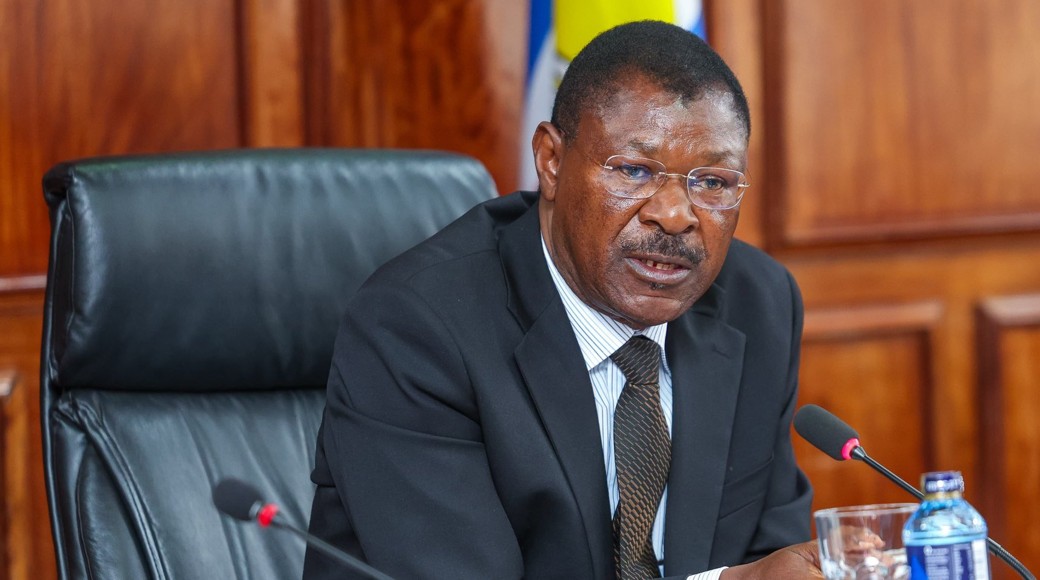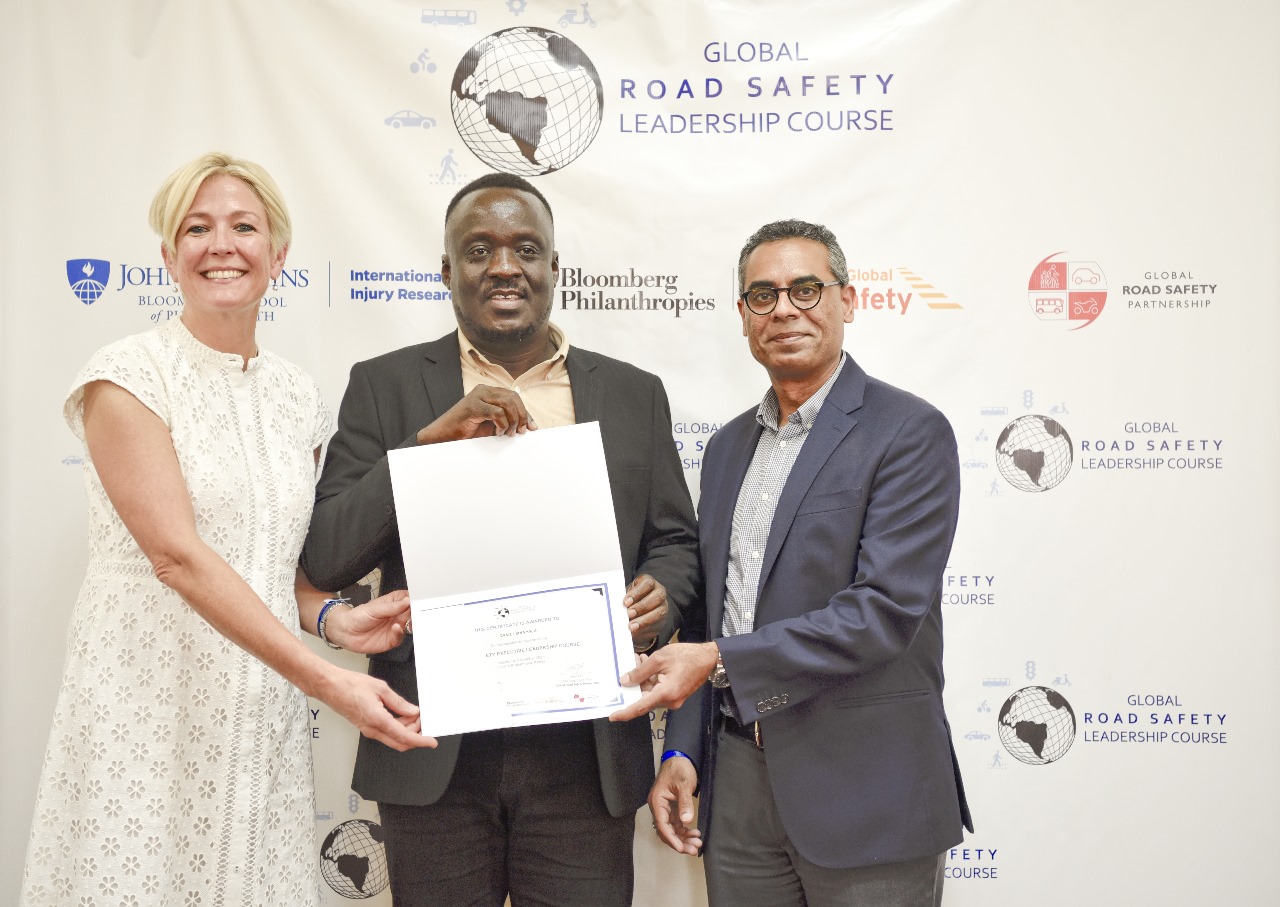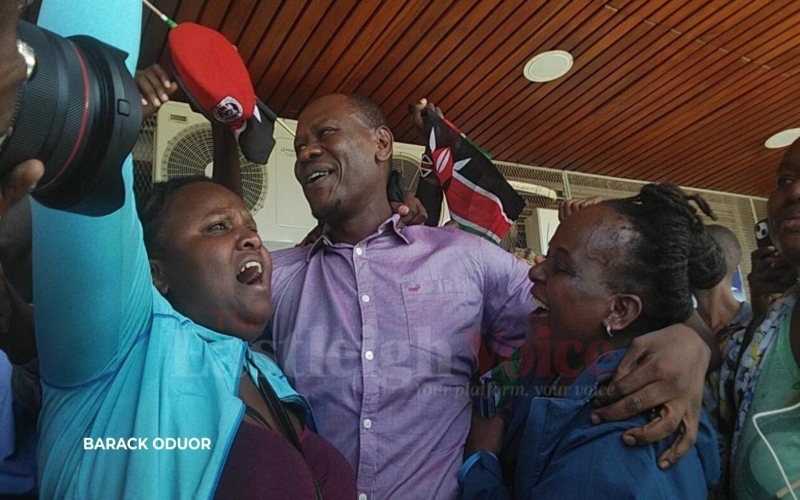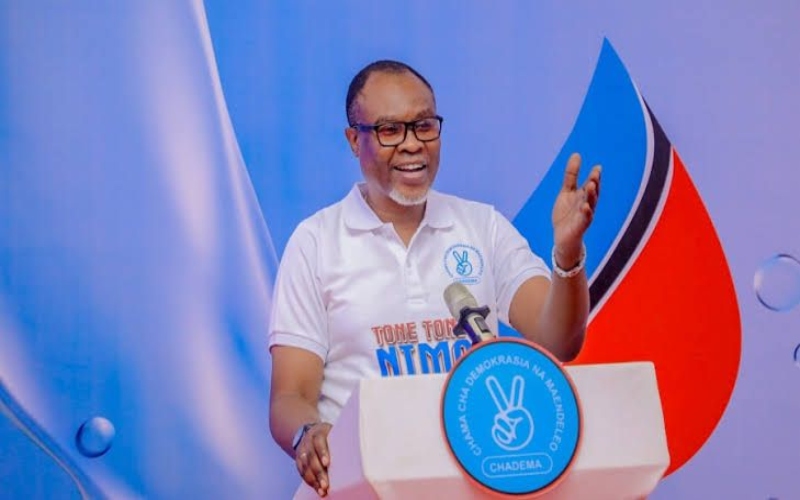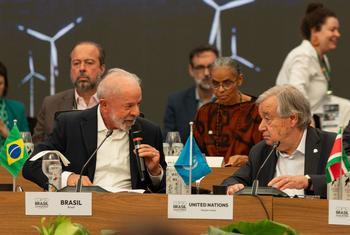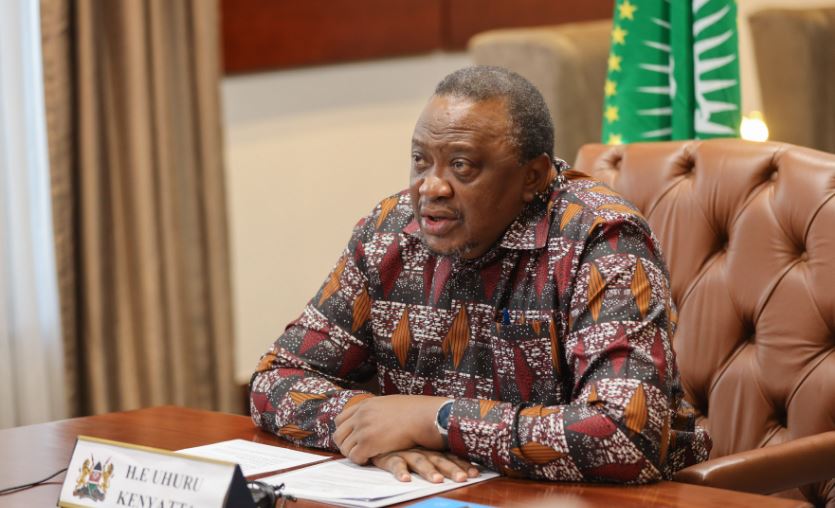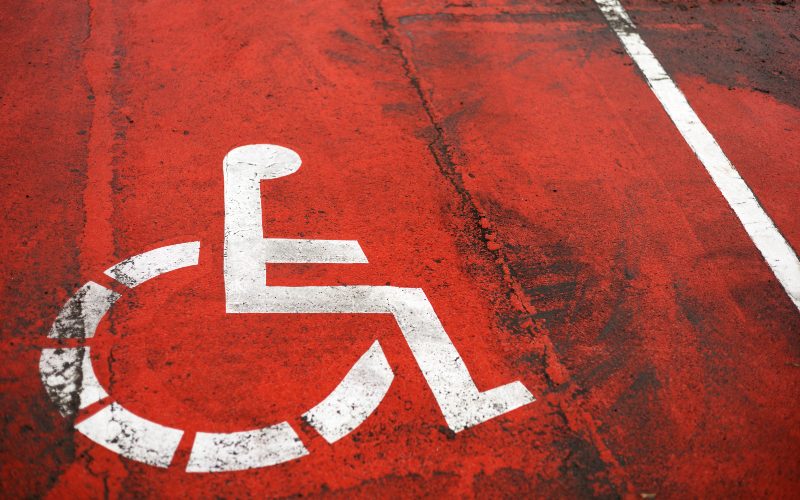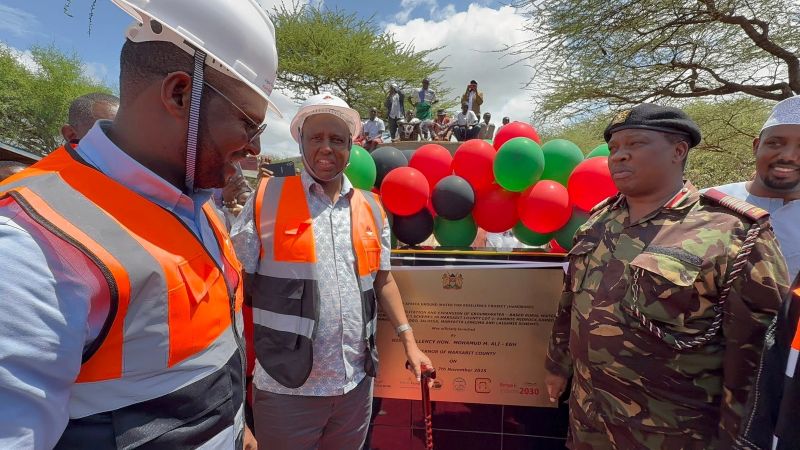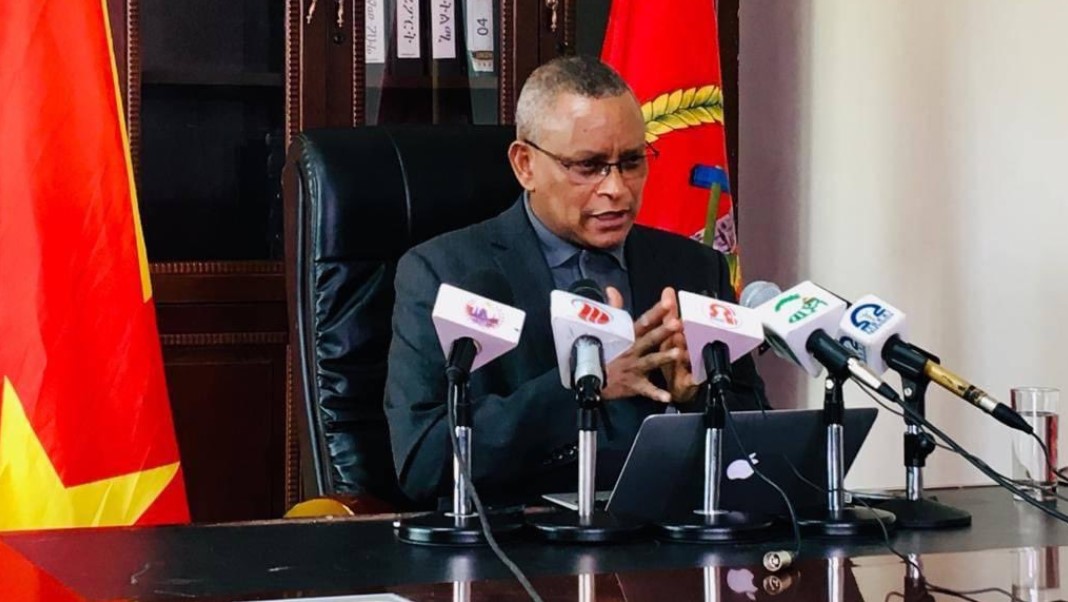Palestinian recognition gains diplomatic momentum at UN General Assembly
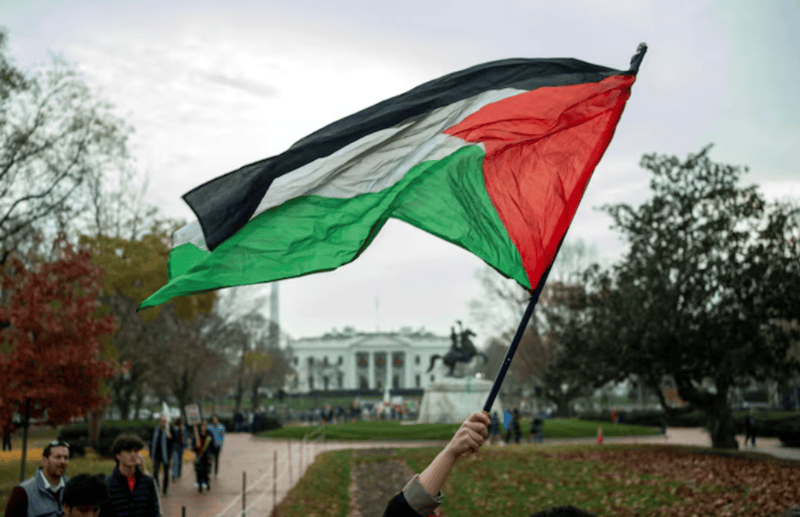
The recognition drive gained further traction on Monday when France and Saudi Arabia co-hosted a peace conference in New York, where ten more nations — among them Belgium, Luxembourg, Portugal, and Malta — formally recognised Palestine.
Momentum is building for the recognition of Palestine as a state, with a growing number of countries aligning their diplomacy to the long-promised two-state solution.
The push has gathered speed just as world leaders arrived in New York for the United Nations General Assembly.
More To Read
- UN report accuses over 60 governments of enabling Gaza genocide through arms and trade ties
- We are slaughtered, and no one hears us- Gaza journalists testify at Istanbul Tribunal
- Gaza intensifies efforts to clear rubble, reopen roads amid severe shortage of fuel
- With 83 per cent of its buildings destroyed, Gaza needs more than money to rebuild
- Thousands of displaced Palestinians begin returning to northern Gaza as ceasefire takes effect
- Gaza: Aid teams repeat calls for unhindered access to stricken enclave
In recent days, the United Kingdom, Canada, and Australia have joined the ranks of more than 145 nations that already recognise Palestinian State.
At the Assembly, Emmanuel Macron added France to the list on Monday, declaring: "True to the historic commitment of my country to the Middle East, to peace between the Israelis and the Palestinians, this is why I declare that today, France recognises the state of Palestine."
British Prime Minister Keir Starmer cast the move as an act of political realism in the face of a grinding Gaza war: "We are acting to keep alive the possibility of peace," he said.
Peace, he argued, demands "a safe and secure Israel, alongside a viable Palestinian state. At the moment, we have neither."
The recognition drive gained further traction on Monday when France and Saudi Arabia co-hosted a peace conference in New York, where ten more nations — among them Belgium, Luxembourg, Portugal, and Malta — formally recognised Palestine.
Not everyone is convinced.
The United States remains opposed, with Donald Trump admitting to rare daylight between Washington and Jerusalem: "This has been going on for decades and decades, but we want it to end," he said in London.
Israeli Prime Minister Benjamin Netanyahu, meanwhile, called the recognitions dangerous: "That would endanger our existence and serve an absurd reward for terrorism."
Supporters argue the opposite, saying that recognition sidelines Hamas and lays the basis for a negotiated settlement.
"The recognition of Palestine means Hamas can have no future — no role in government, no role in security," said Starmer.
Indonesia's President Prabowo Subianto was equally emphatic.
"The recognition of the statehood of Palestine is the right side of history... We must recognise Palestine now," he told the conference, while hinting at a bold quid pro quo: Indonesia would recognise Israel if Israel recognised Palestine first.
Kenya, too, has nailed its colours to the mast. President William Ruto reminded the gathering that Nairobi recognised Palestine as early as 1989.
"We support the pursuit of lasting stability in the Middle East through a two-state solution, where Israel and Palestine live side by side in mutual respect and peaceful coexistence," he said.
The debate is set to dominate this year's UNGA, with Trump delivering the keynote address on Tuesday.
Top Stories Today
